I entered the accounting world at a young age. At the time, the space and its practices were heavily focused on tax returns, Quickbooks, and crunching numbers. Over time, as I grew in my career, I quickly learned that there was far more value in the relational elements of the business.
This career choice was about forming close, trusting relationships with my clients. It’s only natural to feel a deep sense of responsibility toward them. After all, we’re not just handling their finances; we’re taking care of their future, their peace of mind, and their ability to sleep soundly at night. It’s our purpose, our calling. A unique satisfaction comes with seeing the positive impact we make on their lives whether it’s helping a small business owner finally turn a profit or guiding a family through the complexities of estate planning. But, being a “people” person has its downsides. Our empathy, while a strength, can sometimes lead us down a path we don’t want to go, along with a mental state of poverty that fogs our minds.
The Connection With Chronic Poverty
I came face-to-face with poverty in developing countries through volunteer work I took part in alongside a microfinance organization in Haiti, and my life radically changed. It was there, and during this time, that I realized chronic poverty isn’t just about a lack of material things. It’s deeper, more insidious, and often invisible to the naked eye. It’s an emotional, spiritual, psychological, sociological, and sometimes even physiological state that shapes how we think, how we perceive the world, and ultimately, how we behave. We all carry a form of this poverty with us. Maybe mine manifests as workaholism, an insatiable drive to prove my worth through success. Yours might be a belief that you’re destined to fail, no matter how hard you try.
This poverty becomes part of our psyche, influencing our decisions in ways we often don’t realize. And until we change how we view this poverty, both in ourselves and in others, any good we try to do may end up having an adverse effect on whomever we’re trying to help.
As Brian Fikkert observes in When Helping Hurts, “One of the biggest problems in many poverty-alleviation efforts is that their design and implementation exacerbates the shame that poor people already feel, often because those efforts are delivering the wrong message—namely, ‘You are inferior, and we are superior. We are here to save you.’” This quote resonates deeply with the challenges we face in our profession. It reminds us that without addressing the root causes of chronic poverty, our well-meaning efforts might inadvertently reinforce unhealthy mindsets.
Giving the Wrong Help Can Do More Harm Than Good
Think about it. If a doctor were to treat symptoms without addressing an underlying diagnosis or searching for the existing root cause of a patient’s disease, it would be unethical or simply poor practice. The same applies to accounting professionals. If we took on our clients’ problems without addressing root causes, it would be malpractice, as well. We take on our clients’ problems, often thinking we’re helping, but instead, we might be making them more dependent on us. This doesn’t just burden us with more responsibility; it can also have a detrimental impact on our mental and physical health.
I’ve seen this play out in my practice. A client struggling with cash flow issues calls me in a panic. I immediately succumb to my instinct, jump in, fix the problem, and give them the peace of mind they’re seeking. But by doing so, I’m not helping them become more financially independent. I’m just putting a Band-Aid on a deeper wound. It’s a short-term solution that can lead to long-term dependency. Not just for them, but for me as well.
We need to shift our approach. Instead of simply fixing their problems, we should guide them toward success and empower them to make better decisions on their own.
The Need to Fix Others Can Consume You
The care I feel for my clients comes too easily. It’s almost automatic. As accountants, we’re often labeled as fixers, problem-solvers, the ones who can make everything right. But this can be a dangerous role to play. Whether it’s a projection of our issues, a need for control, a savior complex, or even a fear of abandonment, the unrelenting drive to solve our clients’ problems for them can eat away at our time, our energy, and ultimately, our well-being.
I’m still learning that setting boundaries is crucial. Saying no isn’t a sign of weakness; it’s a way to protect not just ourselves, but our clients as well. By setting boundaries, we help them stand on their own two feet, while also preserving our sanity.
From Fixed Failure to Growth
Then there’s the weight of responsibility. As accountants, we know we have the power to strengthen communities, address social inequalities, and benefit the economy. We’re the architects of stability in our field, but even the most skilled architects can have weak foundations. For us, it’s the fear of failure. It’s something I’ve struggled with, and I know I’m not alone.
This fear can be paralyzing, and it’s rooted deeply in our psychology. Carol Dweck’s research on mindsets sheds light on this. She has explained that people with a fixed mindset see failure as a reflection of their inherent abilities, leading to an overwhelming fear of failure and a tendency to avoid challenges. She writes, “In the fixed mindset, everything is about the outcome. If you fail or if you’re not the best, it’s all been wasted. The growth mindset allows people to value what they’re doing regardless of the outcome.” In our profession, where the stakes are incredibly high, this fixed mindset can creep in, and it’s a problem that many of us have yet to solve.
However, by embracing a growth mindset, we can transform how we approach our work and relationships. A growth mindset is marked by a belief that abilities and intelligence can be developed with time, effort, and dedication. When we focus on growth, we begin to see challenges as opportunities rather than threats. We see mistakes not as reflections of our inadequacy, but as feedback that can guide our future actions.
And, the impact of a growth mindset spreads to our client relationships. Clients place so much trust in our ability to guide them through complex financial landscapes. A growth mindset equips us to build stronger, more resilient relationships as we address the root cause of their issues as I stated before. We become more transparent. This not only strengthens trust but also positions us as true partners in our clients’ success, rather than just accountants with a quick fix.
The shift in perspective from a growth to a fixed mindset can help us manage the weight of responsibility more effectively, allowing us to tackle chronic poverty - as it is experienced by our clients - in the best, most effective way possible.
“Give Forward” as an Accounting Professional
In my experience, volunteering with an organization that aligns with my vision and values has been a game-changer. It provided me with structure and a set of guidelines for how and when to care for others just the right amount. It allowed me to overcome the burden of feeling immensely responsible for my clients’ well-being, and instead, focus on empowering them.
My personal experiences have given me a deeper sense of fulfillment, a way to make a positive impact on society, and eventually, enhanced my professional reputation. More importantly, they’ve changed my mindset. I’ve come to understand how chronic poverty shapes our view of the world and the problems we face every day.
Even something as simple as a client calling about a bank reconciliation issue - I see it differently now. Instead of jumping in to correct it, I’m learning to address the underlying root causes. Otherwise, I’m just treating symptoms, and the problem will return, often worse than before. As accountants, we must balance the heart and head. By doing so, we can truly care for our clients the right way without losing ourselves in the process.
Book a demo with Anchor today and see how see how we can support you to focus on what truly matters - your clients' success.
Caleb Jenkins began his career at RLJ Financial Services and currently leads the outsourced tax planning & business accounting services team. He has received many awards, favorite of which are the Top 100 QuickBooks ProAdvisor and 40 Under 40 in the Accounting Profession for nine consecutive years. It has been Caleb’s joy and privilege to give back to this community by serving on the Intuit ProConnect Customer Tax Council and the ADP Accountants Advisory Board. Caleb has had the distinct honor to serve in numerous developing countries (in each continent) as an Educator and QuickBooks Consultant with the SALT Microfinance Program working with those in chronic poverty.








